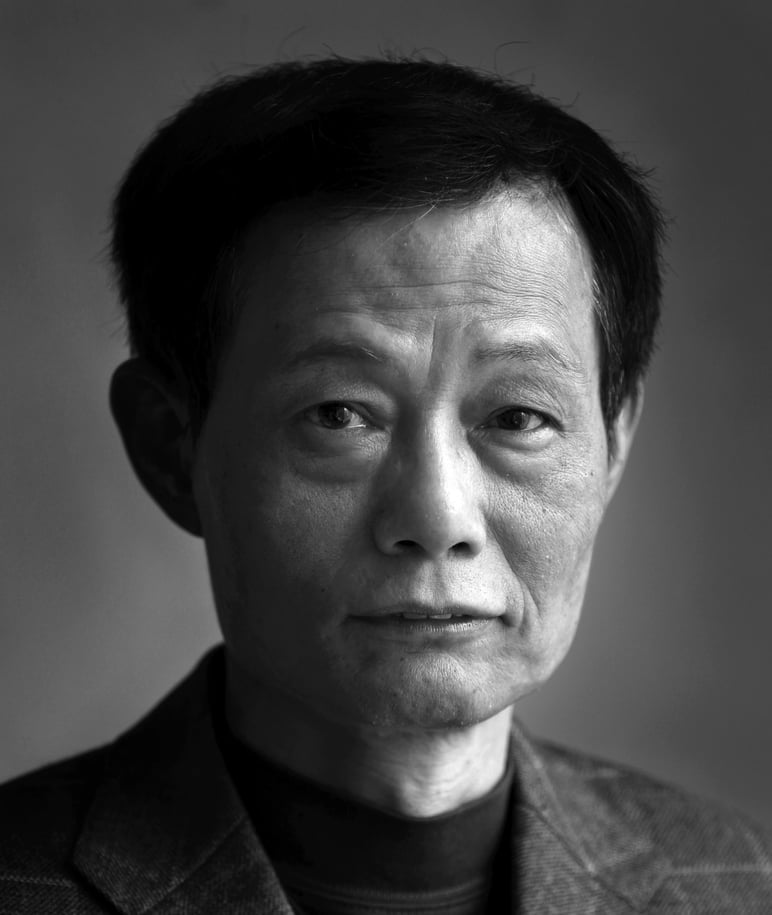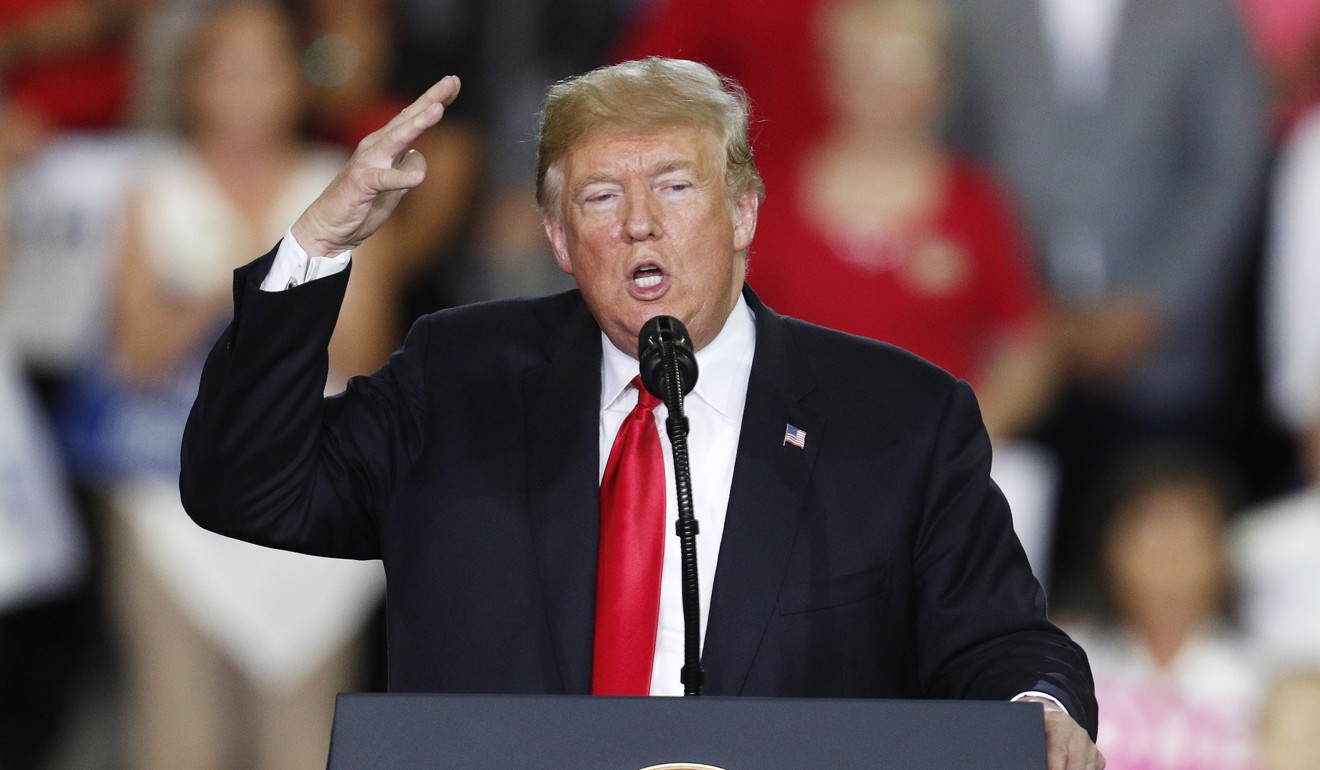
Fighting talk: it’s Washington vs Beijing after US VP Mike Pence’s China speech
Donald Trump’s administration seeks to form a united front to confront what it sees as an increasingly authoritarian and aggressive Beijing
Vice-president Mike Pence’s speech at the Hudson Institute on October 4 was an era-defining statement in the history of diplomacy between the United States and China. It declared a fundamental US policy shift and set a new course for the relationship between the world’s two largest economies and chief political adversaries, something not seen since US president Richard Nixon’s trip to China in 1972.
Historians might wish to compare Pence’s 45-minute policy statement with such historic episodes as George Kennan’s 8,000-word telegram in 1946, Winston Churchill’s “iron curtain” speech of 1946, and Harry Truman’s “Truman Doctrine” address to Congress in 1947, all of which underpinned the West’s cold war policy of containment toward the communist bloc led by the then-Soviet Union.
The new US diplomatic strategy toward China is the accumulation of two years of tense exchanges and failed talks, resulting in a tit-for-tat tariff war between the administrations of strongman leaders Donald Trump and Xi Jinping.
Asia looks to China with ‘admiration – and trepidation’
It is the result of a debate in recent years about Washington’s decades-long policy toward China since Nixon – and since the establishment of diplomatic ties in 1979 – among US congressmen, diplomats and academics. Like senator Joseph McCarthy’s “Who lost China?” inquiry in the aftermath of Mao’s communist seizure of China in 1949, an article in Foreign Affairs magazine titled “The China Reckoning” co-authored by Barack Obama’s top China diplomat Kurt Campbell recently caused reverberations not only in Washington, but also across major Western capitals. In its March issue, London’s The Economist ran a similarly impactful cover story titled “How the West got China wrong”.
US politicians seem to have reached a consensus that Washington and the West’s China policy since Nixon has failed.
In his speech, Pence said “previous administrations’ hope that freedom in China would expand … has all gone unfulfilled” because “Beijing has instead chosen the path of authoritarianism, mercantilism and aggression”. His remarks reflect a strong bipartisan consensus on the need to get tough on China. For instance, recent anti-China bills, whether about trade, defence, Taiwan or Xinjiang, have all received overwhelming bipartisan support in both the Senate and House of Representatives.

The policy change reflects Washington’s evolution from mere disappointment with Beijing to a total loss of faith in China transforming into a global power that respects universal values and norms accepted by developed economies and free democracies in the West. Reflecting this disillusionment, Pence’s speech contains the toughest remarks about Beijing and sharpest, most comprehensive indictment of Chinese behaviour by any American leader in recent memory.
The speech marked a fundamental change in US policy since Nixon of “engagement” with China to a strategy of “disengagement” or “containment”, as championed by anti-communist hawks such as Churchill, Truman, McCarthy and Kennan decades ago.
US versus China? Put that cold war talk on ice
Pence’s speech represents the most comprehensive and well-articulated narrative of the Trump administration on US-China relations. It should not just be a short-term tactic aimed at the upcoming midterm and 2020 presidential elections, as much of China’s state media have claimed, but a major policy document that turns a new page in history. It is consistent with several recent Trump administration policy documents, which define China as a main rival that seeks to undermine the US economy and its interests and values.
It is also a rallying call not only to the American public, but to US allies worldwide to form a united front to confront what the administration sees as a rising authoritarian regime and aggressive state. Trump has repeatedly signalled his determination to engage in such full-fledged strategic competition and confrontation. ■
Cary Huang, a senior writer with the South China Morning Post, has been a China affairs columnist since the 1990s

